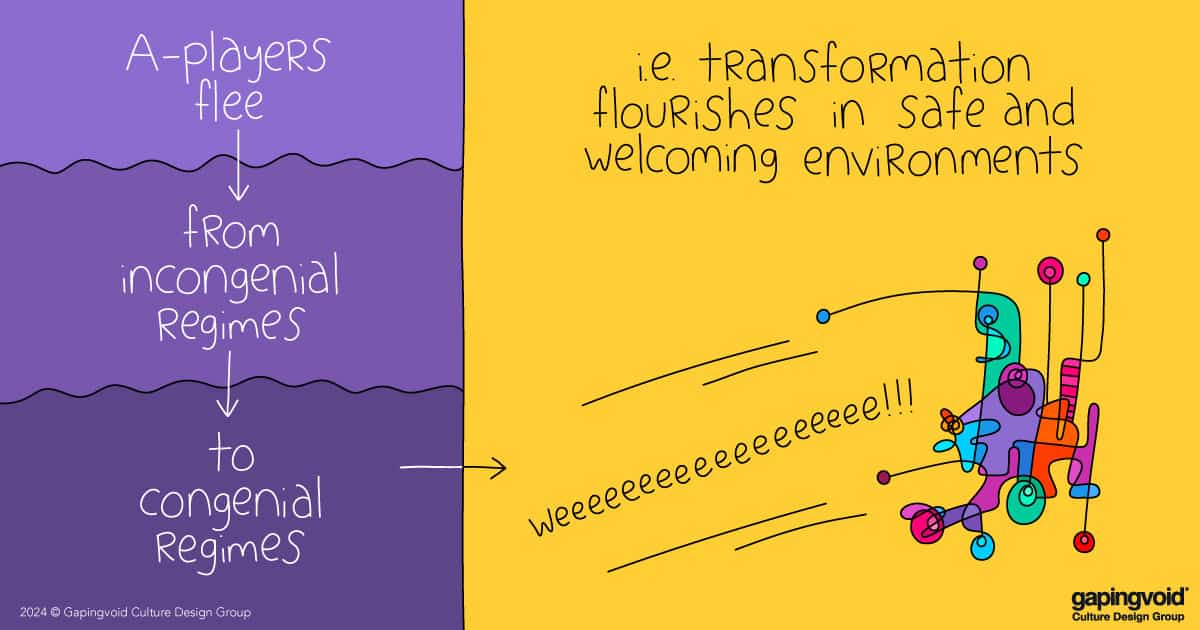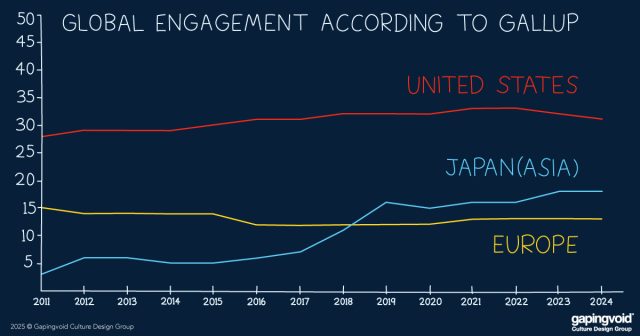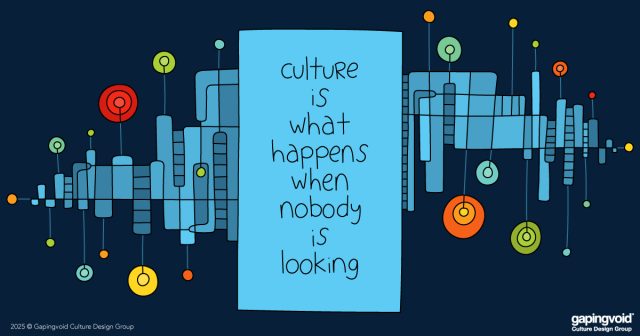
Possibly the most impressive structure of Late Antiquity were the Theodosian Walls, the largest defensive city walls in the Byzantine Empire built in the 5th Century AD. They had foiled every attempt by invaders to take the city of Constantinople for a thousand years, in spite of the long-term declining power of the Empire.
They were just too high, too long, too thick, too strong, even for early cannons.
But then in 1453, it all changed, when the young Ottoman Caliph, Mehmet II, tried to take the city.
Though he had a much larger army than Rome’s, he faced the same problem as everyone else- those darn Theodosian walls, which were too impregnable, even for his cannons.
Until they weren’t.
According to Edward Gibbon’s “Decline and Fall,” Constantinople had this Hungarian man who ran his own foundry, making guns. The trouble was, the Byzantines (including the current Emperor, Constantine XI) didn’t value him at all, and he was literally unable to make enough to run his shop and feed his family.
Feeling nonplussed (and with his empty tummy growling), he defected over to the Ottomans. Mehmet asked him if he could build him a cannon, large enough to breach the walls- and the Hungarian said yes.
So he did exactly that. Within three months, he and his team had forged a massive super cannon, the prototype Dardanelles Gun, that did not disappoint.
The walls fell soon after on May 29, 1453, along with the rest of Constantinople. Emperor Constantine was killed; the city was occupied, renamed and has been known as “Istanbul” ever since. Their greatest church, the massive Hagia Sofia, built by Emperor Justinian in the 6th Century, is now a working Mosque. Istanbul is now the Capital of Turkey, one of the strongest nations in the Muslim world.
Had Constantine XI been willing sooner to invest a little bit more on a humble cannon maker, he would’ve saved himself a whole mess of trouble (not to mention, his life). Alas.
A lot has changed since then, of course, but the lesson is the same. Bosses that don’t take the trouble to learn about, appreciate, and create the conditions for the talent under them to thrive, are putting themselves at a great disadvantage. It’s great to have personal power, but it’s even better to be able to unleash the power in others.



